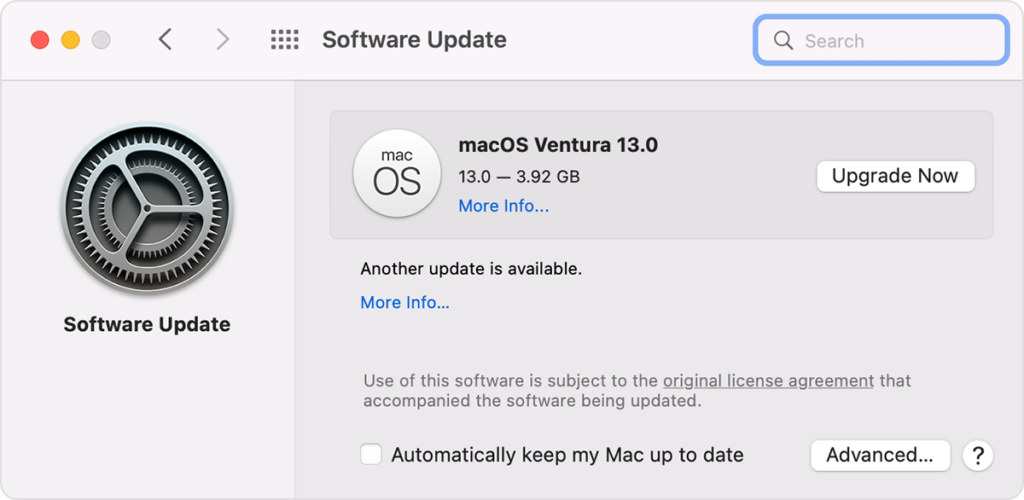Apple has issued an urgent security warning to millions of Mac and MacBook users worldwide, highlighting the critical importance of updating to macOS Sequoia 15.1.1 to protect against potentially dangerous web-based vulnerabilities. The update, released this week, addresses serious security flaws that could allow malicious actors to take control of affected systems.
The significance of this security update has been underscored by an unprecedented intervention from the U.S. Cybersecurity and Infrastructure Agency (CISA), which has explicitly urged users and administrators to implement these security patches immediately. The agency’s involvement emphasizes the serious nature of the vulnerabilities being addressed.
The latest update specifically tackles two critical security issues identified as CVE-2024-44308 and CVE-2024-44309. These vulnerabilities affect JavaScriptCore and WebKit, core components of Apple’s web technologies. The first flaw involves maliciously crafted web content, while the second could potentially enable cross-site scripting attacks, both presenting significant risks to user security.
This security release comes less than a month after the major macOS 15.1 update, which had introduced Apple’s first wave of generative AI features through the Apple Intelligence suite. The quick succession of updates highlights Apple’s commitment to rapidly addressing security concerns as they emerge.
The update’s scope is particularly broad, covering all Apple Silicon-powered Macs and a significant number of Intel-based machines. Compatible devices include iMac Pros from 2017 onwards, iMacs from 2019, MacBook Pros since 2018, Mac Minis from 2018, and Mac Pros released after 2019. This wide compatibility ensures that even users with older hardware can protect themselves against these security threats.
Importantly, this macOS update is part of a broader security initiative from Apple, coinciding with the release of iOS 18.1.1 and iPadOS 18.1.1. The company has taken the unusual step of also providing updates for older iOS versions, ensuring that users of older iPhone models aren’t left vulnerable to these security issues.
The simultaneity of these updates across Apple’s ecosystem suggests a coordinated response to significant security threats. For Mac users specifically, the update is particularly crucial as the vulnerabilities could potentially allow attackers to execute malicious code through web browsers and web-based applications.
Security experts note that the WebKit vulnerability is especially concerning, as this engine powers all web browsers on iOS and macOS, including third-party applications that render web content. This means that even users who prefer alternative browsers to Safari could be affected by these security issues.
The CISA’s involvement in promoting these updates is particularly noteworthy, as the agency typically reserves such interventions for security issues with broad implications for national infrastructure or widespread consumer impact. Their explicit recommendation to apply these updates underscores the potential severity of the vulnerabilities being addressed.
For users of affected devices, the update process is straightforward but crucial. The macOS update can be accessed through the System Settings app under the Software Update section. Apple has designed the update to be as unintrusive as possible while providing essential security protections.
This security update serves as a reminder of the ongoing challenges in maintaining digital security in an increasingly connected world. As web technologies become more sophisticated, the potential impact of security vulnerabilities grows correspondingly more serious. Apple’s swift response to these issues demonstrates the importance of maintaining regular software updates as a fundamental aspect of digital security.
The company’s approach to this security issue – providing comprehensive updates across its ecosystem while ensuring backward compatibility for older devices – reflects a commitment to protecting all users, regardless of their hardware’s age. This inclusive strategy is particularly important given the long lifecycle of many Mac computers and the significant number of users still operating older hardware.
















Add Comment